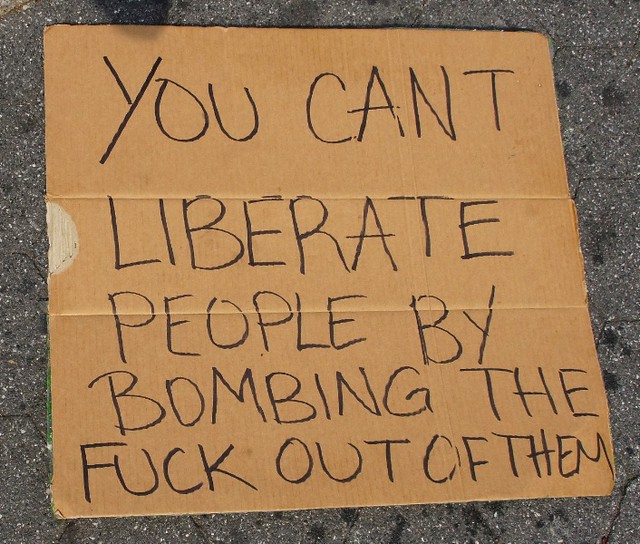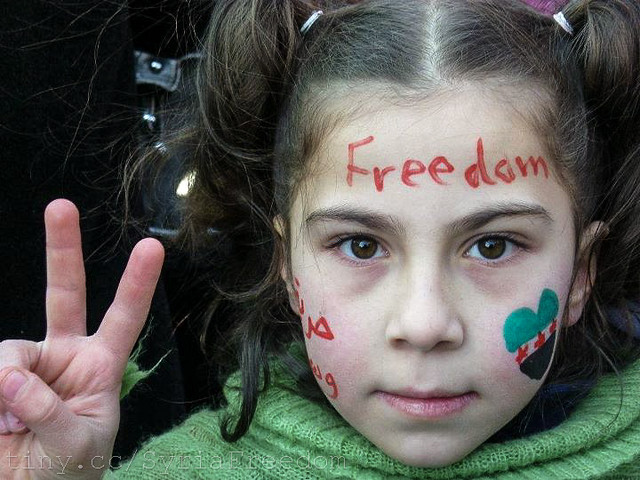More often than not, as a conflict rolls into its first stages of development, the leaders of each party echo with the fears and concerns of their citizens.
This mentality is detrimental in reaching a solution because it allows the people in power to put pride and patriotism behind peacebuilding reform and conflict resolution. This notion of jingoism is getting in the way of change is especially relevant in regards to the current Syrian crisis. It’s thought that this abhorrent crisis could have been avoided if the international players such as Russia, China and the USA had kept their humanity and dealt with Syria with a focus on non-military peacebuilding.
Instead, it was dealt with like a game of Risk, with the lives of Syrians being used as pawns as the media propagated fear mongering. As the Syrian elections are currently under way its important to understand how Syrian ‘democracy’ has been tampered with. At the beginning, Syrians were not aching for the ejection of al-Assad, but after years of neglect they lost patience.
Corruption took hold and morphed the needs of Syrians to demand more of a voice in their government eventually allowing the violent crisis that we are aware of today to develop.
Syria’s future is in the hands of a war criminal, whose power has been bestowed upon him by his oligarch father, and this power has found continual progression with the help of foul, unsupervised, and inevitably undemocratic elections. Syria’s descent into civil war despite mass support for democracy has many open ends.
It could be the wounds Syria has yet to heal from past attempted coups in the ‘40s which has resulted in mass government spying against their people. Following the structure of other democratic states Syria has certain key pillars missing, most importantly it’s lack of a grounded middle class.
Reforms that Middle Eastern citizens had confidence would flourish have tragically failed. All policy reforms that would incite global exporting investments rooted in free trade, or basic female humanitarian rights have been squashed whilst the power still remains in the hands of a few extraordinarily rich men. These men ubiquitously have demonstrated that their priorities will always lie with the security of their Swiss bank accounts, not with the security of their people.
Syria is at a standstill. The opposition is only growing more radical, and the international community has wholly, and indeed rightfully, decided that military intervention would only create more chaos. For Syria to find it’s place as a democratic country, peacebuilding is going to have to happen from the inside out.
 Unlike reform in India, Syria lacks a sacred Gandhi-esque figure or a Malala Yousafzai who has volunteered themselves to be the poster child for non-violent resistance. Citizens of the Middle East have voiced that they are thankful for the Arab Spring, as it has given them organized hope with worldwide clamour and recognition.
Unlike reform in India, Syria lacks a sacred Gandhi-esque figure or a Malala Yousafzai who has volunteered themselves to be the poster child for non-violent resistance. Citizens of the Middle East have voiced that they are thankful for the Arab Spring, as it has given them organized hope with worldwide clamour and recognition. Democracy could take decades, but as long as Syrians remain passionate, engaged, and above all- collectively dedicated, democracy will be a reality in Syria.


No comments:
Post a Comment